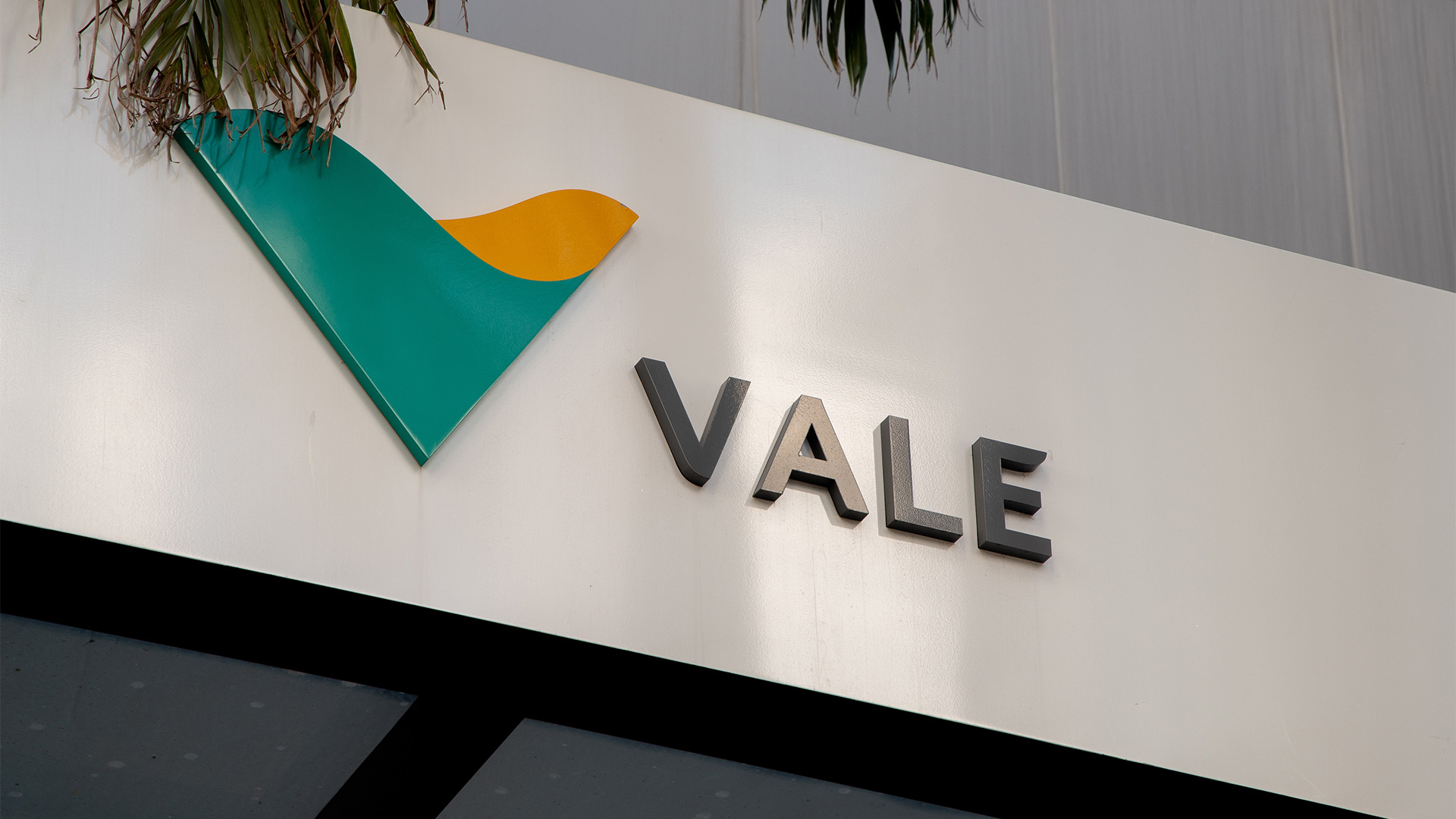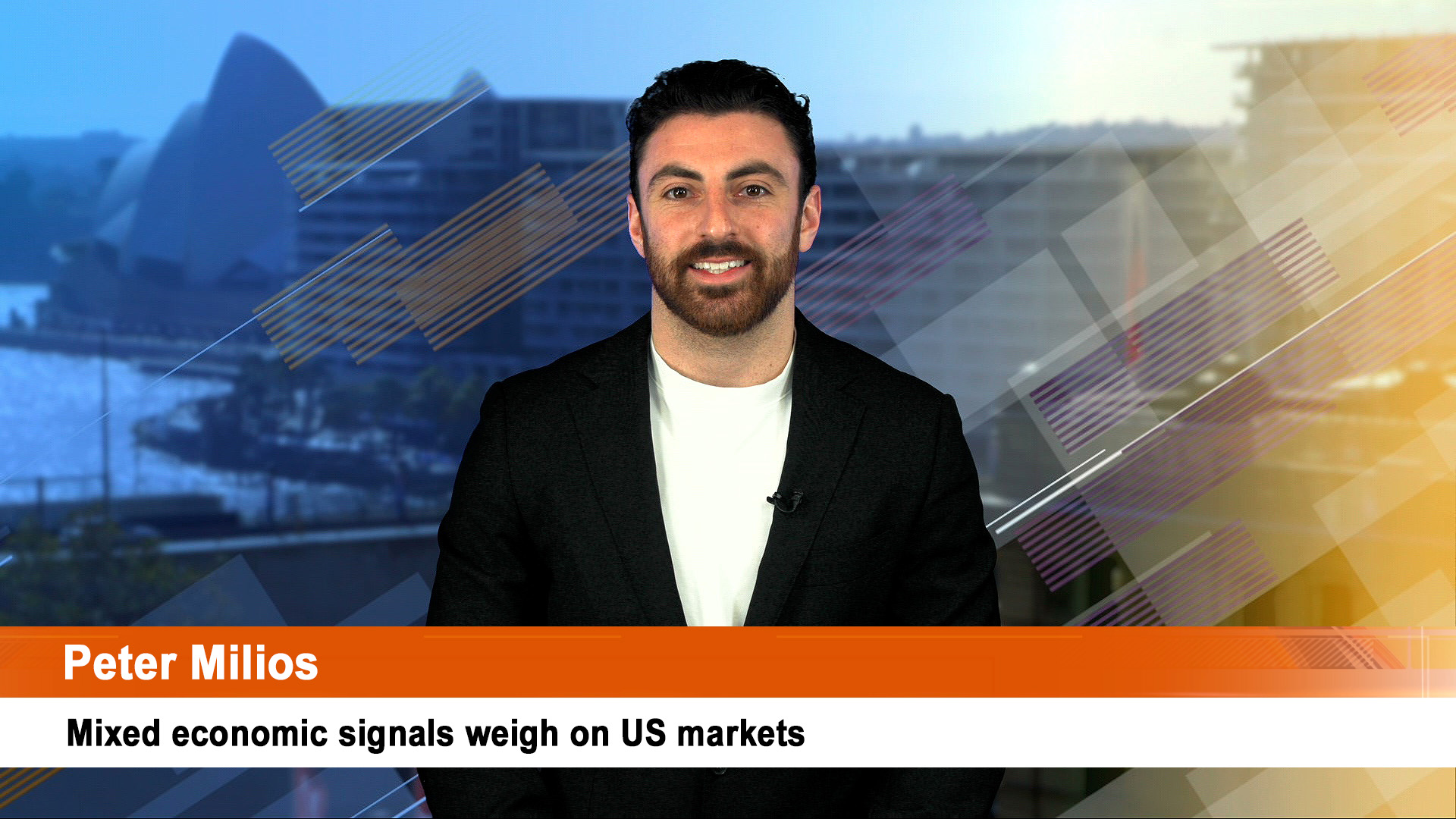The self-proclaimed "Number one Total TV Network," Seven West Media (ASX:SWM), faced a considerable gap between its claim and reality as it reported declines in revenue and profits for the fiscal year ending on June 30.
The notable aspect wasn't Seven's claimed top position, but rather its inability to translate that status into increased earnings and profits. The year leading up to June proved to be more demanding for Seven than anticipated, with the TV ad market deteriorating in the six months leading up to June 30.
Consequently, revenue experienced a 3.3% decrease, amounting to $1.488 billion. EBITDA also declined by 18%, reaching $279.74 million, and underlying net profit after tax plummeted by 31% to $145.7 million.
Shareholders, particularly those dominated by Kerry Stokes' Seven Group Holdings with a nearly 40% stake, faced another year without dividends— the last payout was 2 cents per share in September 2017.
"The group has decided to withhold dividends due to the prevailing market conditions," explained Seven directors on Wednesday, a reason that has now become familiar.
This financial underperformance helps elucidate the 20% decline in Seven West shares throughout the year until August 15, reaching 40 cents. The company's market value stands at a mere $621 million.
SWM CEO James Warburton, however, remained optimistic in the earnings release. He communicated, "Despite a challenging environment driven primarily by a 7.9% decline in the total TV market over FY22, we have achieved a solid result for the 2022-23 financial year. The market decline escalated during the latter half due to the macroeconomic environment. Our national TV network's prominence and the strength of our digital offerings continued to resonate, partially mitigating the market decline.
"Our content strategy persisted with the return of key tentpoles and the introduction of new programming. This strategy ensured consistent and strong audience engagement, helping Seven maintain its status as the number one network for national audience share for the third consecutive year.
"We accomplished our goal of attaining a total TV revenue share of 39% in the first half and fourth quarter. We concluded the year with a 38.5% total TV revenue share. We managed to achieve growth in our underlying revenue share (excluding the Olympics and Commonwealth Games) in each quarter, resulting in a year-on-year gain of 1.2 share points. This success was attributed to our market-leading news and public affairs programming, along with our lineup of long-standing Seven productions.
"We adeptly managed operating costs despite ongoing inflationary pressures and continued investment in programming. Excluding depreciation and amortisation, our costs increased by 1% from the previous year, amounting to $1,208 million. This aligned with our recent guidance and reflected the benefits of temporary cost savings."
The net debt of $249 million was a slight decrease from $256 million in the previous period, maintaining a prudent leverage ratio (net debt/EBITDA) of 0.9 times. Throughout the year, the group repurchased $15 million worth of shares through its on-market buy-back program, which will continue into FY24.
The result reflected a period of stagnation. If not for a full-year contribution from the regional group, Prime, Seven West's results would have been significantly impacted.
While the 3.3% decrease in revenue primarily reflected a weakened advertising market, attributable to the year-on-year 7.9% decline in the total TV market (metropolitan, regional, and BVOD), the company clarified.
"The inclusion of a full year of regional earnings from Prime as well as an extra week in the first half largely offset the impact of revenue attributable to the Olympics in FY22."
As Seven West looked towards 2024, the outlook was not very promising. In Wednesday's statement, the company mentioned that it expected the total TV market to stabilise "during Q2 once comparisons with the previous year ease. Early trading suggests Seven's underlying revenue is aligning with the FY23 market trend in July and August, currently pacing slightly ahead of the previous year in September."














